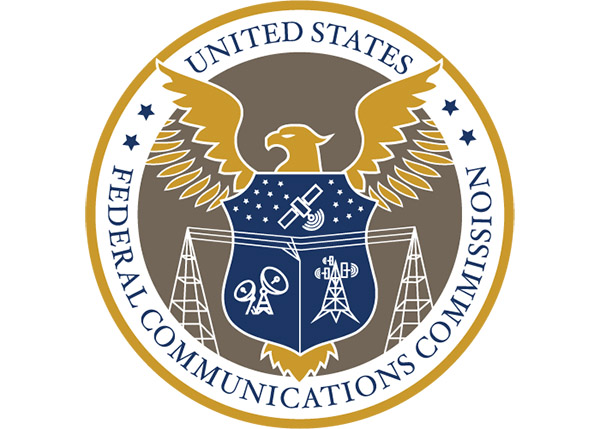Finally. After 9 months of unknown delays, the President has nominated acting FCC Chair Jessica Rosenworcel as permanent chair of the FCC. Because the commission always consists of five members, former FCC official Gigi Sohn has been nominated as the fifth member.
How this works
The Federal Communications Commission is part of the Executive Branch, which means that the sitting President ultimately has the right to name commissioners. By charter, the commission itself must have two Democrats and two Republicans. The chair is generally chosen as a member of the same party as the President.
Traditionally, the naming of an FCC commissioner is done early in the term of a new President. It has, in the past, been thought of as a relatively benign appointment and not likely to make waves. Commissioners and the Commission chair must be confirmed by the Senate, which in the past has not been a problem.
But yeah, it’s 2021 so….
I’ll remind readers that this isn’t a political blog. I do my best to report what’s going on and stay free of incendiary statements about either party. [Realistically, I just make incendiary statements equally about both parties and get away with it. That’s another matter.]
The last two FCC commissioners were not without controversy. Tom Wheeler, the chair during the early ’10s, aggressively zig-zagged on the issue of net neutrality. At first he seemed to oppose it, then then pushed hard with some of the most sweeping Open Internet legislation seen in this country.
His successor in the late ’10s, Ajit Pai, was more controversial. Mr. Pai’s plans seemed by many to dovetail a bit too closely with the goal of big businesses, and far less with the needs of average people. Several of his moves came under scrutiny with people claiming the official (and legally required) comment process was tampered with.
Overall, this means that the matter of confirming a new chair is going to be a little harder than it has been, especially with the composition of the Senate being what it is.
Why this is important
Since January 20, the FCC has been made up of only four commissioners and has been evenly divided by party. That’s limited the kinds of things they can address. Of course, the FCC’s business shouldn’t be terribly political. It should be about things like frequency allocations and arcane rules. But of course, each decision has the capability of making or breaking large companies. Profits hang in the balance, as do the needs and desires of regular folks.
The FCC has been largely unable to address some of these sweeping needs, but with a full complement of five commissioners, they may be able to get things done.
What is the FCC likely to focus on?
The FCC sets the rules by which people access the internet. With a few rules, they can change its course. If the FCC decides, for example, that only people with 50Mbps connections qualify as “broadband users,” this would change a lot about how users are charged for service. If they decide that certain aspects of cell phone plans, such as bundling streaming services, are against the rules, a lot of folks would get angry.
I do think that the FCC will work on the federal definition of broadband as well as the matter of zero-rating, which is the way most people get bundled services on their phones. But they will hopefully also focus on other matters.
In the next several years, there’s going to be a huge need for cell boosters for the mid-band 5G spectrum. This new 5G spectrum won’t travel as far as other signals but the spacing between cells won’t change. So people who want to use this faster form of 5G will need boosters to do it. The FCC will have to approve a whole new class of boosters to make this happen.
I also hope the FCC takes up the issue of ATSC 3.0, the next generation of TV broadcasting. They should either kill it or move it forward aggressively. The paralysis we’ve seen since 2018 isn’t helping anyone.
Above all…
I wish for an easy confirmation process for Commissioner Rosenworcel and Nominee Sohn, because there’s a lot of work to do. That’s asking quite a bit from the Senate, but I can hope, right?





